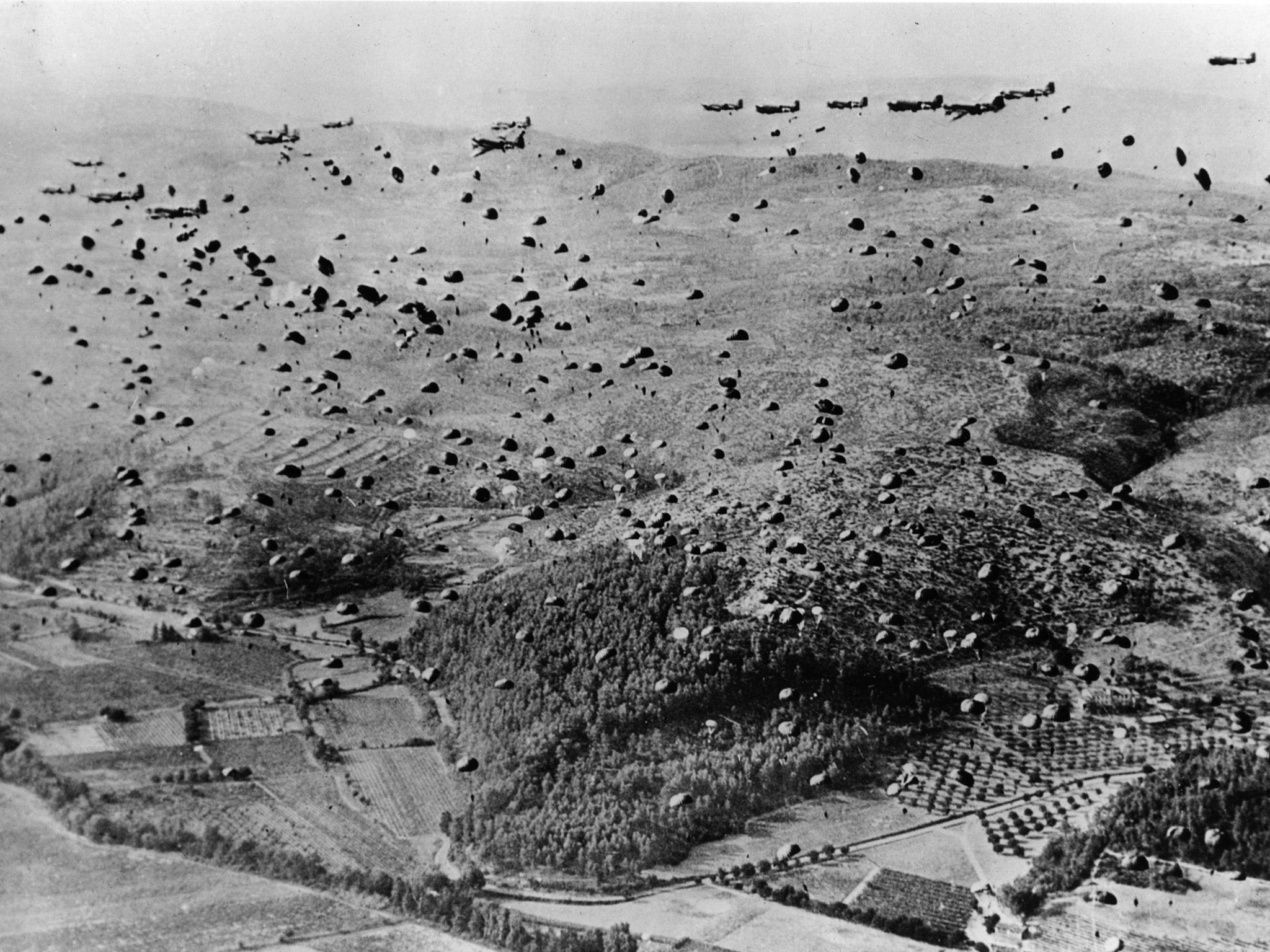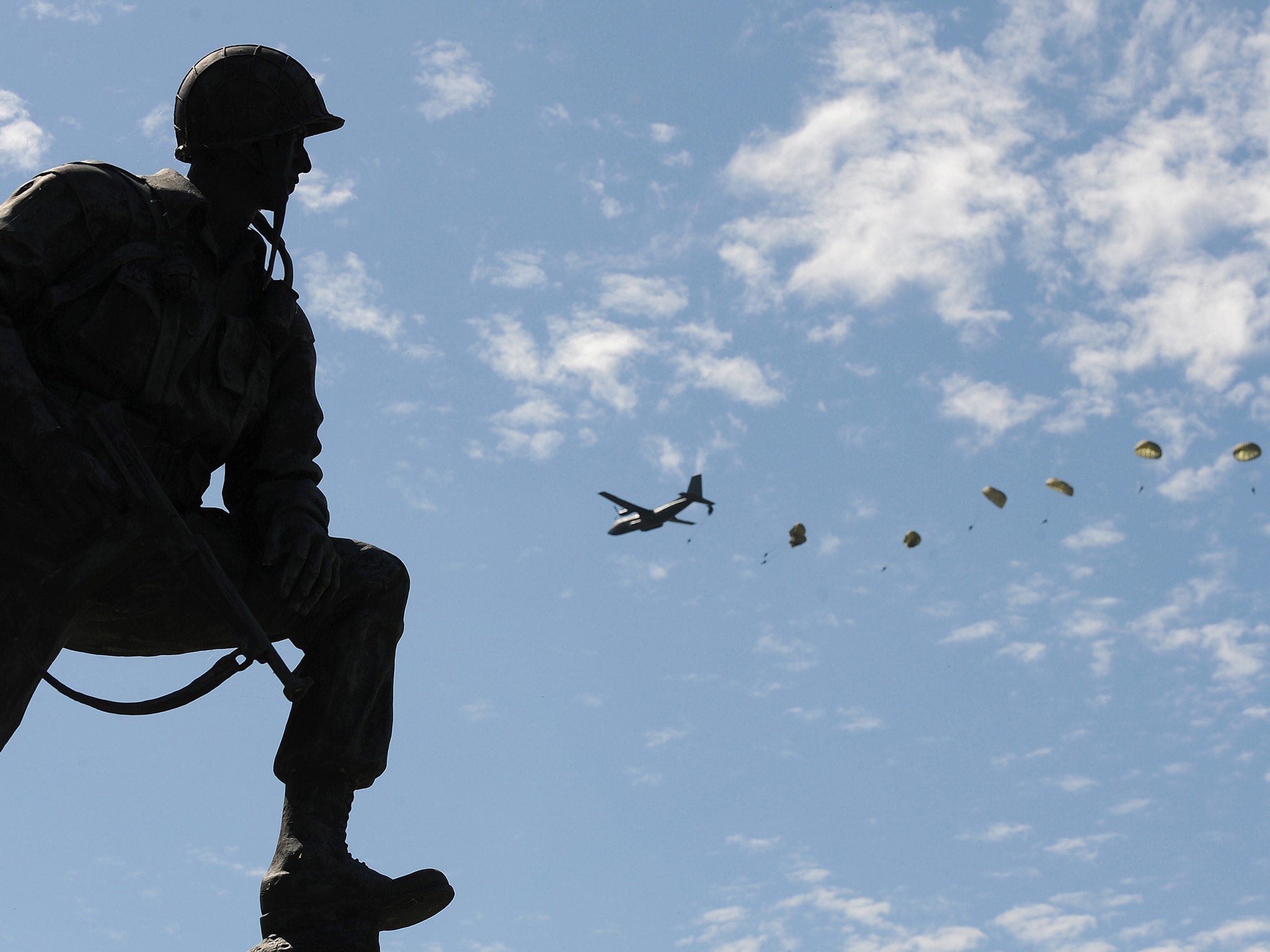Norman Poole: First British solider to land in France on D-Day dies aged 95
The former SAS paratrooper has taken the secrets of his heroism to the grave

Your support helps us to tell the story
From reproductive rights to climate change to Big Tech, The Independent is on the ground when the story is developing. Whether it's investigating the financials of Elon Musk's pro-Trump PAC or producing our latest documentary, 'The A Word', which shines a light on the American women fighting for reproductive rights, we know how important it is to parse out the facts from the messaging.
At such a critical moment in US history, we need reporters on the ground. Your donation allows us to keep sending journalists to speak to both sides of the story.
The Independent is trusted by Americans across the entire political spectrum. And unlike many other quality news outlets, we choose not to lock Americans out of our reporting and analysis with paywalls. We believe quality journalism should be available to everyone, paid for by those who can afford it.
Your support makes all the difference.Norman Poole died last month aged 95, but had barely spoken of his exploits when his six-man team landed in Normandy on 6 June 1944.
The former SAS paratrooper was described by his family as “a joyful man who was full of life” – and only a handful of his closest relatives knew anything about his time behind enemy lines.
His nephew, David Barnes, said: “I didn’t realise he was such a hero. I knew that my uncle and my father were involved in the war but they never really spoke about it a great deal. I guess that is typical of their generation sometimes, not to mention what happened.”
The former lieutenant died in Portishead, near Bristol, where he had spent much of his life with his wife, Elisabeth. Mr Poole, who had two daughters, was long retired as a bank manager with NatWest and had been a widower for four years.

His place in Allied forces’ history was secured when he leapt from a plane with 200 dummy parachutists and his crew, tasked with distracting German troops.
He landed with a carrier pigeon strapped to his chest and sent it home with vital details about the Nazi war effort. The contents of the message were never made public. Mr Poole and his team spent six weeks behind enemy lines before being captured by German troops, although they were eventually liberated. He was later awarded the Military Cross for his bravery.
Mr Barnes, whose father, Hugh, was Mr Poole’s brother-in-law, said: “I knew he had the Military Cross but I didn’t know what he did to win it. I didn’t realise he was the first to land on D-Day, I only found out last week.”
Press Association
Subscribe to Independent Premium to bookmark this article
Want to bookmark your favourite articles and stories to read or reference later? Start your Independent Premium subscription today.
Join our commenting forum
Join thought-provoking conversations, follow other Independent readers and see their replies
Comments